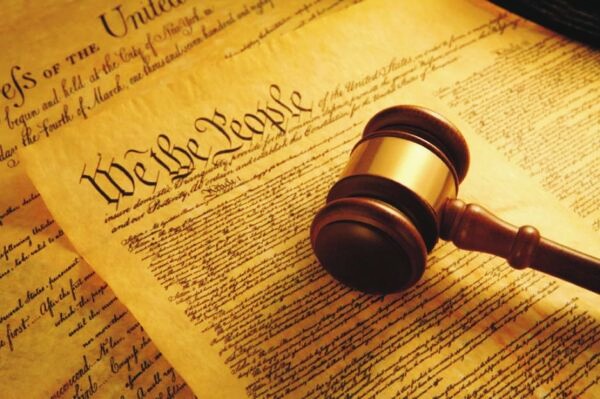
By Dave Workman
ANALYSIS—Amid various reports on gun control published in the aftermath of the Annunciation Catholic Church shooting in Minneapolis in late August and last week’s assassination of Turning Point USA founder Charlie Kirk, emerging from the reportage are some possibly uncomfortable facts.
Reports such as one from the Minnesota Reformer’s Madison McVan acknowledge how it “it’s not clear” whether any of Minnesota’s “stricter-than-average gun laws” would have prevented the fatal church shooting.
Likewise, writing at The Free Press, Deputy Managing Editor Joe Nocera acknowledges, “To be sure, no workable gun law would have prevented Kirk’s assassination. His alleged killer showed no signs of mental instability; the gun he used was a bolt-action rifle, owned by millions of Americans; and he was old enough to simply walk in a store and buy it.”
A look back in history underscores the apparent reality disconnect about existing law and mass shootings.
Stephen Paddock, the mass killer responsible for the Oct. 1, 2017 Las Vegas mass shooting had passed several background checks while buying assorted firearms used in the crime. He had no criminal record and, as noted at Wikipedia, “Paddock’s only recorded interactions with law enforcement were traffic citations.”
Elliot Rodger, the “Isla Vista” killer, pass three California background checks and endured three 10-day waiting periods, buying three handguns in the months leading up to his May 23, 2014 murder spree which left six dead and others injured. Often overlooked is the fact that Rodger killed three of his victims with a knife—for which there is no background check or waiting period, in California or anywhere else—while fatally shooting the three other victims.
Omar Mateen, perpetrator of the Pulse nightclub mass shooting in Orlando, Florida not only passed background checks, an account at Wikipedia also noted he had been a security guard and the company for which he worked had done two screenings, which “raised no red flags.” He had an active Florida carry license and security officer license, no criminal record and “had passed a psychological test.”
There are many more examples, but the common denominator is the unintentional discrediting of background checks as a preventive measure against violent crime, including mass murder.
Another apparent disconnect among members of the press is about the Second Amendment. In his article, Nocera acknowledges that he believes “there are plenty of ideas to reduce gun deaths without infringing on the Second Amendment right of gun owners.” Translation: It’s his opinion.
He subsequently writes how in 2008, the U.S. Supreme Court “ruled that the Second Amendment gave Americans the right to possess firearms.” The Court did no such thing. The ruling, in a case known as District of Columbia v. Dick Anthony Heller, actually recognized the Second Amendment protects a pre-existing right; it didn’t “give” anyone anything, it protected the right to keep and bear arms from government infringement.
It is this misunderstanding of rights—at least as far as the right to have a gun—which appears to lead many in the media to support so-called “common sense” gun control laws. The media would hardly tolerate Second Amendment-type restrictions on the First Amendment.
Second Amendment advocates argue that the exercise of a constitutionally-protected right does not require a background check, or a police-issued permit to purchase, waiting period or any other bureaucratic hoops through which to jump. It is a right, not a government regulated privilege.
The gunman responsible for the mayhem in Minneapolis is dead. The accused killer in the slaying of Charlie Kirk is scheduled to appear in court today in Utah.
Workman is editor-in-chief at TheGunMag.com